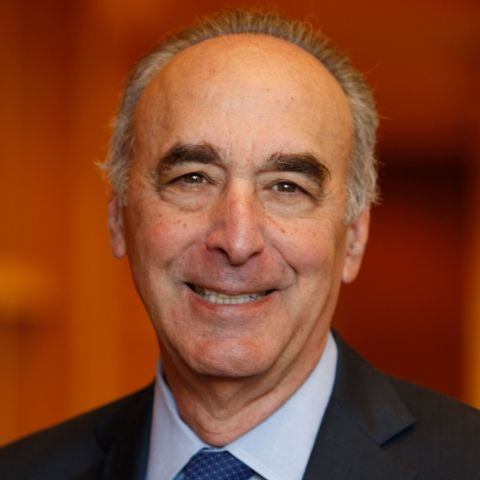
I'm grateful to Dean Revesz and the editors of the Annual Survey for inviting me to join you tonight. I'm delighted to be part of this happy celebration and to be in such distinguished company. Forty-five years have passed since I first walked into Professor Guido Calabresi's course in torts in the fall of 1967. Although he was young then, he was already a legend for his brilliance as a teacher and a scholar. We thought that he talked directly to the gods, and that if we could only understand what he was telling us, we could overhear his conversations with them. But we were so, so far behind him. I offer myself as a humble-one might even say pathetic-example.